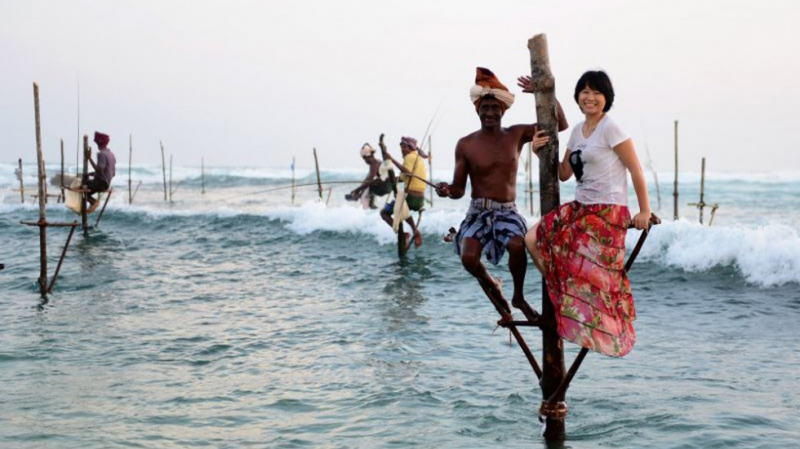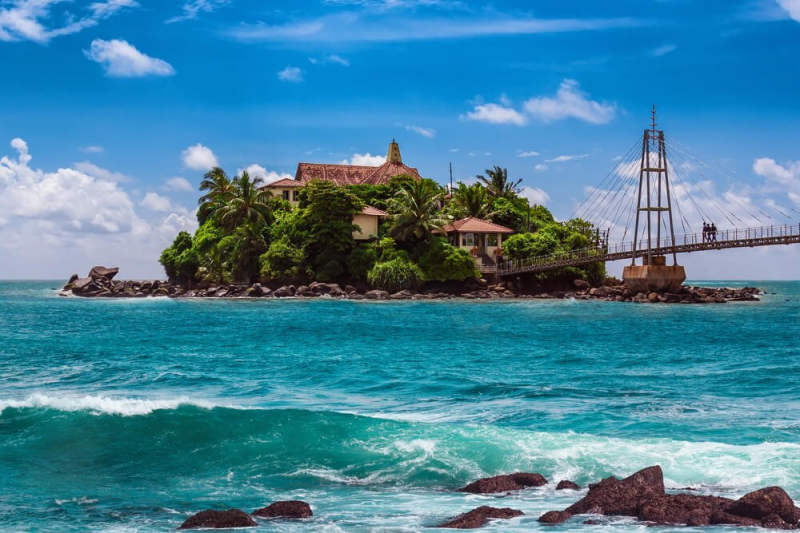Tap Water Is Not Safe To Drink
Because the tap water in Sri Lanka is unsafe to drink, visitors should only drink bottled reverse osmosis water, which should be checked for expiration dates. In Sri Lanka, avoid drinking the tap water. Although it's chlorinated and safe to drink, the strange microorganisms it contains (in comparison to what you're used to at home) can cause stomach trouble. Also, stay away from ice unless you're certain it was prepared with boiling or filtered water.
You may or may not want to settle for a salad, depending on how sensitive your stomach is, because the greens may have been rinsed in tap water. Additionally, clean your teeth with bottled water and avoid eating from dodgy food booths. To prevent against contaminated food and water, the CDC recommends taking the Hepatitis A and Typhoid vaccines before visiting Sri Lanka.
Mineral water is freely accessible, but be sure the seal hasn't been broken — bottles have been known to be replaced with tap water. Whatever precautions you take, you'll still come into contact with local water at some time — your eating utensils will be cleansed in it, and it will very certainly be used without your knowledge in things like fruit juices – so don't worry.













